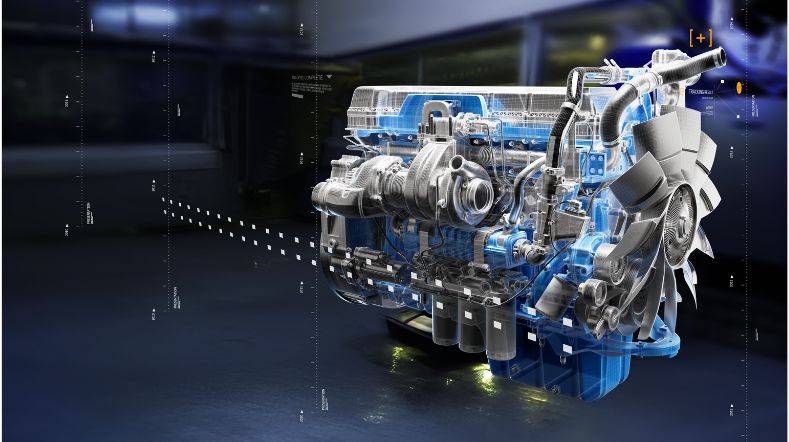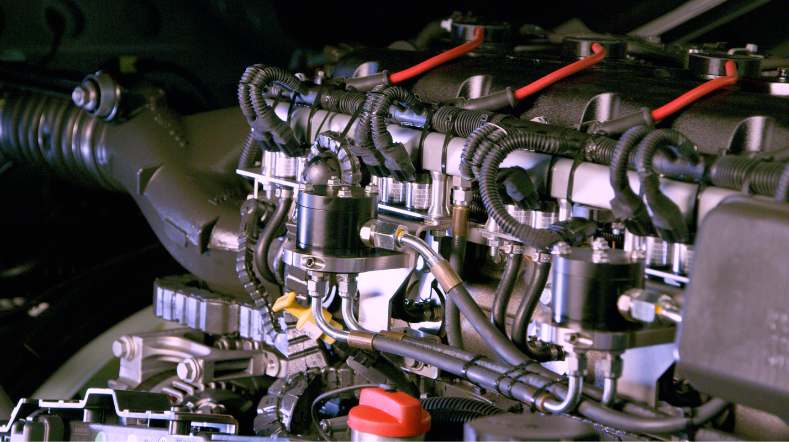Green hydrogen requires cross-border action
The planned hydrogen infrastructure in Northwest Europe is not robust enough to reliably meet future energy demand without additional investments. This is one of the main conclusions from a study conducted by TNO, Arcadis, and partners into the supply security and resilience of the future hydrogen network.
The results are published in the report HY3+: Towards a Balanced and Cross-Border Hydrogen Infrastructure in Northwest Europe (pdf). The report was officially presented today to Minister Hermans for Climate and Green Growth at the World Hydrogen Summit in Rotterdam.
Unique modelling approach
Using a detailed hourly-based model of the hydrogen network—including production, storage, import and consumption—for Belgium, the Netherlands and Germany, the study focused on the area that hosts the largest industrial cluster in Europe. The analysis reveals that, without additional investments in underground storage and east-west connections, the planned infrastructure lacks the robustness required to ensure reliable energy supply. Disruptive imbalances may arise, particularly during periods of high production or scarcity.
“Our analysis shows that while the system appears balanced on paper, its actual resilience is vulnerable due to seasonal variation, storage limitations and delays in infrastructure development,” says Lennert Buijs, HY3+ project lead and energy systems analysis expert at TNO.
“Without added flexibility—such as ammonia cracking or tank storage in ports—there will be times when imbalances between supply and demand cannot be absorbed by currently planned facilities. This poses a risk to industrial users considering a switch to green hydrogen.”
Key recommendations to strengthen the hydrogen value chain
Based on the analysis, TNO, Arcadis and the project partners recommend the following actions:
- Ensure timely and physical connection between production, storage and industrial demand, especially through east-west corridors;
- Accelerate the development of underground hydrogen storage, particularly near import hubs and major industrial clusters;
- Provide greater flexibility in ports, for example through local storage and conversion of hydrogen carriers such as ammonia;
- Align regulations, codes and tariffs across borders to ensure the network functions as an integrated system;
- Explore additional flexibility options, such as temporary above- and underground storage or flexible conversion capacity.
“The key to a successful hydrogen economy lies in collaboration, system efficiency and shared infrastructure,” says Florian van Keulen, Programme Manager Energy Transition for Industry at Arcadis. “HY3+ delivers the system-level insights we need to move forward.”
About HY3+
HY3+ is a joint project by TNO and Arcadis, carried out in collaboration with BP, ExxonMobil, Gasunie, Hüttenwerke Krupp Mannesmann GmbH, North Sea Port, Port of Rotterdam, Shell, Uniper, and Vopak. The study was made possible with support from the Topsector Energy and TKI New Gas, as well as the Province of South Holland and the Ministry of Climate and Green Growth.
About HY3+
HY3+ is a joint project led by TNO and Arcadis, carried out in collaboration with industrial partners including BP, ExxonMobil, Gasunie, Hüttenwerke Krupp Mannesmann GmbH, North Sea Port, Port of Rotterdam, Shell, Uniper, and Vopak. The study was supported by Topsector Energy, TKI New Gas, the Province of South Holland, and the Ministry of Climate and Green Growth.
The report is publicly available and supports policy development and strategic planning for Europe’s future hydrogen infrastructure. TNO contributed scientific modelling of hydrogen flows and system robustness. Arcadis brought expertise in technical design, business development, spatial planning, and legal and regulatory frameworks for hydrogen infrastructure.
Get inspired
Clean and robust hydrogen engine pivotal for achieving emissions targets heavy transport


Hydrogen engines


Towards a clean future for shipping thanks to hydrogen combustion

New TNO hydrogen lab brings hydrogen as a clean fuel closer

